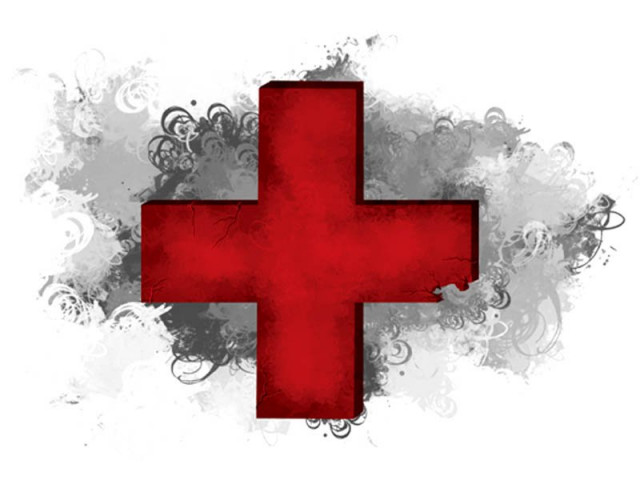Long march woes: Hospitals on high alert ahead of rally
PIMS, Polyclinic pre-empting chance of disaster by being prepared.

All routine surgeries scheduled to be carried out from Monday to Wednesday in Islamabad’s public hospitals are likely to be postponed.
The government hospitals in the twin cities have been put on high alert by the respective managements to deal with any untoward situation during the planned Tehreek-e-Minhajul Quran (TMQ) long march.
However, the Ministry of Capital Administration and Development (CADD) has not yet issued any notification directing federal hospitals to take extra measures ahead of the long march.
All routine surgeries scheduled to be carried out from Monday to Wednesday in Islamabad’s public hospitals are likely to be postponed. Patients who are stable will be discharged and only emergency cases will be admitted, according to the official Pakistan Institute of Medical Sciences (Pims) and Polyclinic Hospital spokesmen.
Around 300 surgeries are carried out every day at Pims, along with around 80 at Polyclinic Hospital.
“Our target is to keep at least 100 beds empty during the long march days in order to deal with any possible emergency situation,” said Pims Spokesman Dr Waseem Khawaja.
Sharif Astori, the Polyclinic Hospital spokesman, said the hospital management is trying to keep 40 beds available during the long march days. Patients in the surgical wards who are stable will be discharged and no routine surgeries will be carried out to keep beds vacant at the ward.

Disaster Management Cells at the hospitals have been activated and have made all the required medicines, equipments, stretchers for the emergency treatment of patients available. Blood banks have been asked to store large numbers of blood bags. All the staff from a senior doctor to ward boys is on call, and all outpatient departments (opds) will remain functional.
Talking to The Express Tribune, a senior doctor at Pims, who wished not to be named, said patients are already suffering due to the CNG closure and petrol crisis as they are unable to reach hospital.
Meanwhile, the long march will add to patients’ miseries as all the roads will be closed for an indefinite time period and patients would not be able to come to the hospital.
He said there has been a 20%-40% decline in the number of patients visiting the hospital daily due to the CNG closure and petrol crisis.
There are many patients awaiting surgeries for a long time and their procedures will be delayed further, he said.
On the other hand, the three main government hospitals in Rawalpindi have not yet formulated any emergency plan. However, a representative of the allied hospitals, namely, Holy Family, District Headquarters and Benazir Bhutto, said that the staff has been asked to keep maximum number of beds empty. Holidays of the staff have been cancelled and everyone has been asked to report to duty, he added.
Published in The Express Tribune, January 13th, 2013.



















COMMENTS
Comments are moderated and generally will be posted if they are on-topic and not abusive.
For more information, please see our Comments FAQ